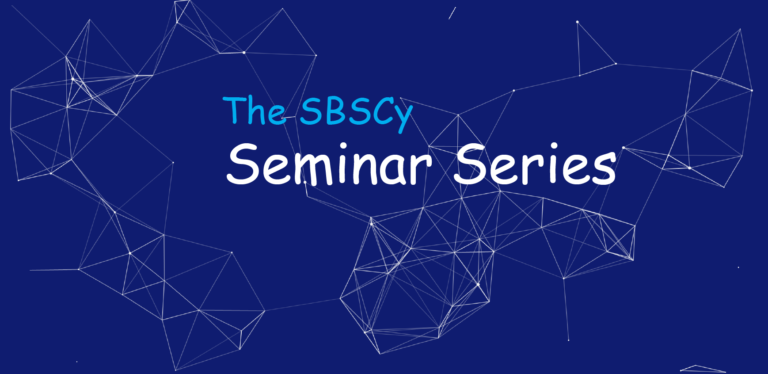Ilias Georgakopoulos-Soares
Department of Bioengineering and Therapeutic Sciences, University of California, San Francisco, CA 94158, USA -Ilias.GeorgakopoulosSoares@ucsf.edu
Thursday 14th April, 2022, 5pm
‘Novel technologies for the detection of human disease’
Detection of disease, including cancer, at the earliest stage is of paramount importance for successful treatment. Even though liquid biopsies are an exciting and highly promising frontier for the detection of human disease, highly sensitive bioinformatics methods that enable early detection are still lacking. Nullomers are short DNA sequences that are absent from a genome. While the absence of these sequences could be coincidental, studies of mammalian genomes have shown that a larger number of >10 bp genetic sequences are identified as being nullomers than what would be expected by chance. In this talk, I will discuss my recent work on the characterization of nullomers in humans and thirty other species (Georgakopoulos-Soares et al. 2021) and my recent preprint on how we can use nullomers to diagnose cancer from cell-free DNA in liquid biopsy samples.
Dr. Ilias Georgakopoulos Soares is a bioinformatician, interested in using interdisciplinary approaches to study biological problems. His undergraduate training was in Biological Sciences at Imperial College London. His PhD work was in cancer genomics and bioinformatics and during that period he developed novel methods to model mutability across cancer genomes. While a graduate student, he taught undergraduate courses including Programming, Statistics and Mathematical Biology. Since January 2019, he has been working as a Postdoctoral Researcher at the University of California San Francisco in the Ahituv laboratory. His postdoc work has been based on computational biology, primarily working on nullomers and leveraging them to develop novel methods to detect tumor DNA from liquid biopsies, a technology that he recently patented. At the same time, he has other research projects on gene regulation, the development of new computational tools and the analysis of massively parallel reporter assay experiments. Furthermore, he has been working with experimentalists in multiple projects including developmental biology, gene regulation and cancer genomics and he is participating in the new release of the ENCODE consortium. Moving forward, his research interests are in the development of algorithms and methods to better detect human diseases including cancer.
For non-members-why not join us? You can participate in a vibrant scientific community that you can call home!


